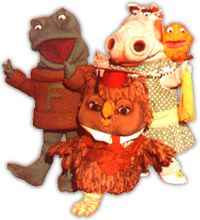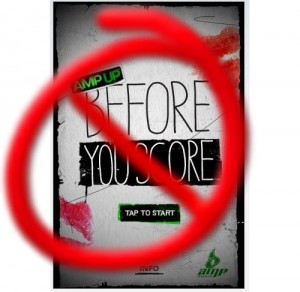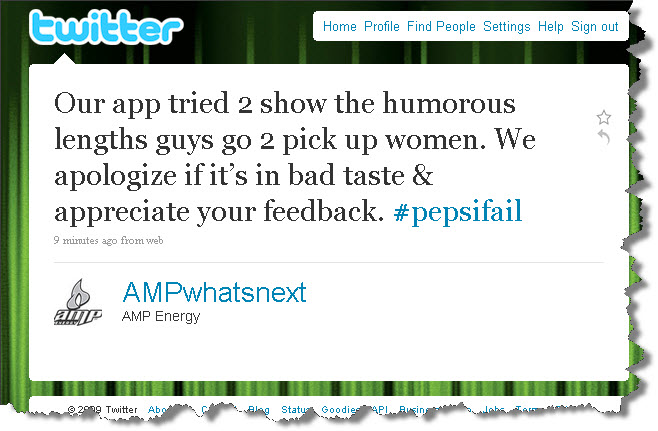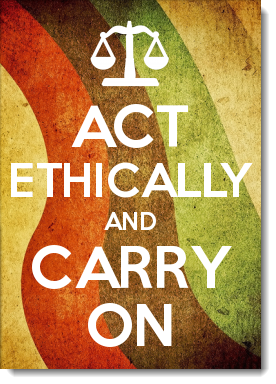 As many of my readers may recall, I was a participant in a social media contest earlier this year that went horribly wrong, in oh-so-many ways. In fact, it went so poorly that the company didn’t even publicize the results of the contest in its own social media channels (though it did issue a standard news release). I found myself frustrated when my repeated attempts to provide helpful advice to the contest sponsor were dismissed. And I learned a LOT from this experience that may help your organization should you desire to plan a contest in social media.
As many of my readers may recall, I was a participant in a social media contest earlier this year that went horribly wrong, in oh-so-many ways. In fact, it went so poorly that the company didn’t even publicize the results of the contest in its own social media channels (though it did issue a standard news release). I found myself frustrated when my repeated attempts to provide helpful advice to the contest sponsor were dismissed. And I learned a LOT from this experience that may help your organization should you desire to plan a contest in social media.
So what I have for you here are six things I learned during that catastrophe about running an ethical contest in social media. Following these guidelines may help turning your brand ambassadors into your “assadors,” as one of my Facebook friends called them.
NOTE: I am not a lawyer, nor am I giving legal advice. I am just sharing my understanding of the guidelines.
One
Learn, understand and apply the disclosure guidelines that the Federal Trade Commission has published. As the FTC says, “If there’s a connection between the endorser and the marketer of the product that would affect how people evaluate the endorsement, it should be disclosed.” Put simply, if you are incentivizing people to mention your company online (by providing them with something free OR having them mention something specific to enter a contest of yours), they need to say so. And it’s up to YOU to be sure they do.
The FTC provides a handy, dandy mnemonic to help:
- Mandate disclosure from your contestants. (See my post “In the Interest of Full Disclosure” for more on this.)
- Make sure your own staff knows the rules, and
- Monitor the contestants, to be sure they are following the guidelines.
Two
Don’t ask or require participants to “stage” something as a way of endorsing your product or company. Doing so is creating false advertising.
Three
Know and follow the terms of service for the social media platforms you are using in your contest.
Did you know . . .
- businesses should not ask for reviews or endorsements on Yelp?
- if you’re having participants create a video to post on YouTube, you must provide clear judging criteria, and you must not use video views or video likes to conduct the contest?
- requiring participants to post something on their personal timelines to enter a contest violates Facebook’s terms of service?
- you can’t use Facebook Likes or Shares as a voting mechanism?
- you should not ask contestants to tweet something multiple times for multiple entries, or the contestant risks being suspended for Twitter spam?
- and for more examples, see Social Media Promotion Law: Contests and Sweepstakes.
Four
Follow your own contest rules and guidelines to the letter. Varying from them will cause frustration among the participants at a minimum, and a run-in with the FTC or state for more egregious errors.
- If you are asking contestants to create a 30- to 45-second video, then award points only to those whose videos are within these parameters. No exceptions.
- If you have in your contest rules that “no additional purchase is necessary,” do not require contestants to purchase specific items for photos they must post.
- If you provide a calendar of social media posts that your participants must publish on specific days, use that calendar; do not make last-minute changes. (In the contest I participated in, this happened more than once. One of the days, the participants were supposed to create a specific video to post on YouTube. Videos take time to shoot and edit. The day the assignment was due, the contest manager changed the assignment to something totally different . . . and never had the video used at all as an entry. This caused much frustration among the participants, as you might imagine.)
Five
Provide objective criteria for judging entries, especially when the entries will be judged by a panel chosen by your organization. Having your panel vote for which entry they “like best” doesn’t cut it.
As a professor, I tend to use rubrics to grade assignments. (A rubric states what the criteria are and how many points can be earned by fulfilling the requirements.) A rubric would be helpful for participants in contests, as well.
Six
Be available to answer questions from your contestants. Have one place the contestants can come to for official answers from your organization. Ideally, this would be a place on your own platform, rather than an informal Facebook group, for example.
Availability is especially important if you are running a lengthy, multi-part contest. Establish and maintain an expected turn-around time for answers. For example, if someone submits a question, respond within 24 hours.
Remember, in the absence of official communication, the contestants are left to speculate about the answers to their questions.

That said, what other recommendations do you have for making sure your organization’s social media contest is run in an ethical (and legal!) manner?
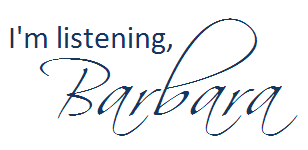
Related posts:

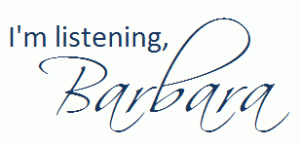

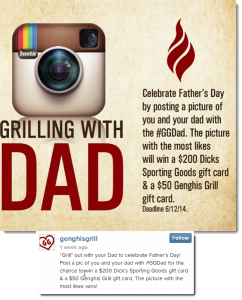
 As many of my readers may recall, I was a participant in a social media contest earlier this year
As many of my readers may recall, I was a participant in a social media contest earlier this year 



